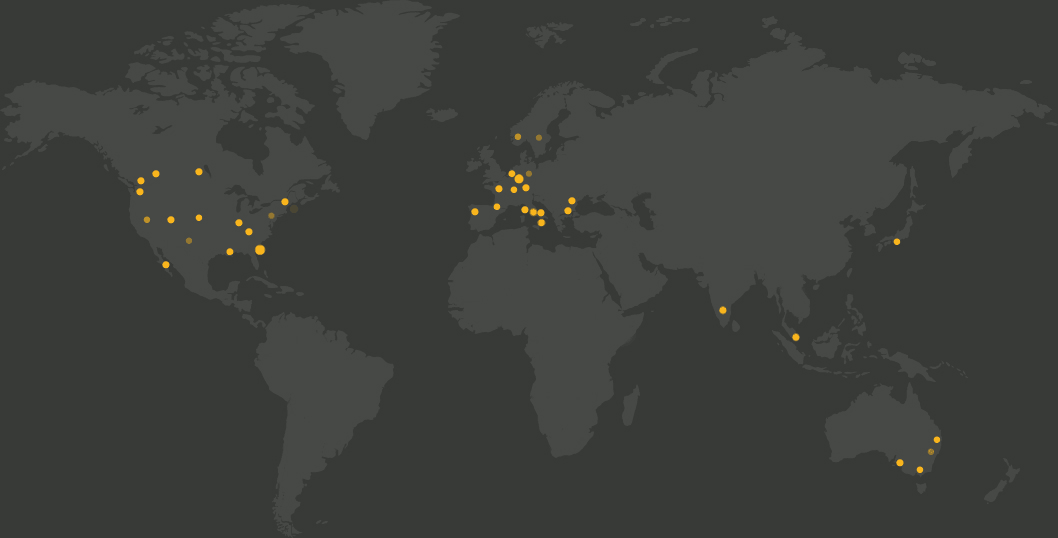Can smart tech stop workforce burnout?
Posted 05 November 2021Resetting Normal: Defining the New Era of Work, The Adecco Group and Modis’ new comprehensive global study provides a rallying call to action for businesses to make the most of technological solutions to promote employee well-being and organisational resilience.
In the survey, 71 percent of the global workforce report having created effective remote working environments for themselves since the start of the worldwide coronavirus pandemic. However, the survey also reveals that 32 percent of workers report that their mental health has worsened in the last 12 months, and a startling 54 percent of young leaders experience burnout.

Today, more major organisations announce that their workforces can elect permanent remote work. So, it’s clear that supporting and developing these environments for wider working populations will be ever more vital to the well-being and sustainability of global business.
This fact holds particularly true in the context of pre-pandemic reports from organisations such as The CPA Journal, which have noted the direct link between staff turnover in accounting firms to employee satisfaction and job performance, customer loyalty and profitability.
When put in the context of recruitment costing as much as 50–60 percent of a new employee’s salary, it’s apparent that supporting workers through the ongoing transition to hybrid working models will be ever more crucial in the future.
Improving mental well-being and job satisfaction
So, how can smart technologies aid businesses in the battle against employee burnout? And how can they enable more managers to identify when their staff are at risk of being overworked or experience burnout?
In many ways, now is the ideal time to embrace the opportunities, processes and resources available within the smart industries toolkit. Smart connections between multiple complex IT systems now give employers increased visibility into burnout warning indicators and help to combat employee stress before too late.
Internet of Things (IoT) systems offer long-term opportunities to bring critical information to the surface quickly. They provide the insights that can help workers understand when they perform certain tasks best or even aid managers in promoting employee engagement.
Together with new 5G capability, cutting-edge Smart Tech systems add far increased speeds and connectivity to the workplace. It means that your employees have more capacity to concentrate on collaboration and communication rather than feel the stress of bad data connections.
And through innovations within artificial intelligence (AI), businesses can improve decision making, automate tasks and drive productivity, as well as using data analysis to help identify burnout.
Taking the next steps
The analysis and use of big data to combat burnout and promote employee satisfaction is already crucial to the future of remote working. Modis belives that cognitive technologies are an innovative way for companies to support physical and mental wellbeing in the new normal, and to establish the processes, resources and tools in order to help workers develop resilience.
Modis can help organizations to tackle challenges and capitalize on opportunities during your smart tech journey.
Discover more about the future of work with Resetting Normal, the latest whitepaper from The Adecco Group and Modis.
